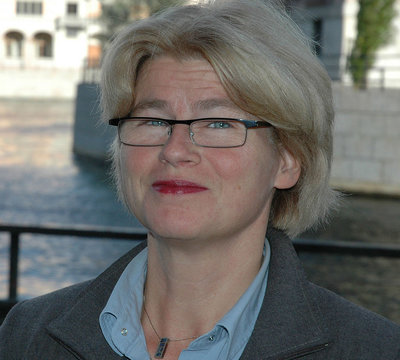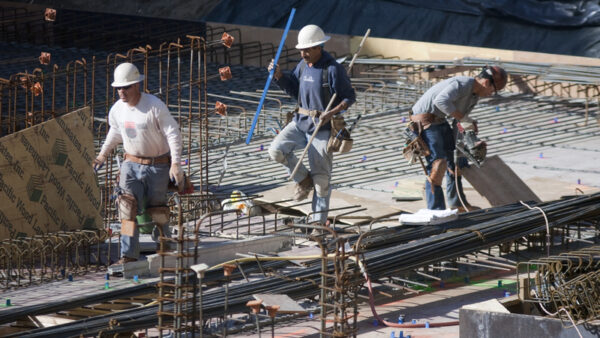A large Chinese rail contractor has secretly offered to build Sweden’s planned high-speed railway in five years fewer, and for $3bn less, than was originally estimated by the state transport administration.
A contractor named as China Railway Construction made the confidential bid to the Standing Committee for Transport of Sweden’s parliament, and then the document was leaked to Sweden’s national TV broadcaster, SVT.
Half the Parliamentary Transport Committee will travel to Japan and half to China to study the high-speed and efficient movement of trains– Karin Svensson Smith, Green Party MP
The Chinese proposal claims to offer savings in time and expense by building much of the new railway on elevated viaducts to avoid tricky soil conditions and land acquisition issues.
Swedish politicians are so impressed by the proposal that they will travel to China to learn more.
“They say of course that they can build the entire Swedish high-speed network in just five years and it’s very interesting for us,” Karin Svensson Smith, Green Party Member of Parliament and chair of Sweden’s Parliamentary Committee on Transport, told SVT.
“We get to review their claims, but we see that they themselves build their own railways in their own country and in other countries with high speed.”
Sweden’s planners estimate that the new, 150-km-long Eastern Link (Ostlänken) high-speed railway from Järna in greater Stockholm to Linköping in the centre of the country would begin construction in 2017 and be operational by 2028.
Trains will run at 320km/h, and the aim is to ease pressure on existing rail lines and move passenger and freight transport from road to rail.
But it will be expensive. The work will include building 155 bridges and 27 tunnels.
Under the Chinese proposal, the cost of the new railway, estimated by the Swedish Transport Administration, Trafikverket, at SEK170bn ($20.13bn), would be brought down to SEK145bn ($17.16bn), according to SVT.

Karin Svensson Smith, Green Party Member of Parliament and chair of Sweden’s Parliamentary Committee on Transport (Ã…sa Sjöberg/Wikimedia Commons)
In terms of high-speed rail construction, China has eclipsed every other country in the world by developing a 10,000km network within the last decade.
And it has done so relatively cheaply, for between $17m and $21m per kilometre, which compares well to the European expenditure of between $25m and $39m per kilometre, according to a recent World Bank study.
One element of their success is the mass standardisation and prefabrication of elements making up concrete viaducts, which Chinese planners favour to save on scarce farmland.
Another is a proficiency in tunnelling.
China wants to export this expertise around the world. Despite the cancellation of a high-profile project in Mexico, Chinese firms have built a high-speed line in Turkey, and are lined up to do so in Russia.
They would also like to be involved in the high-speed railway proposed in the UK.
But if the reactions of its politicians are anything to go by, Sweden may be the first western European country to avail itself of China’s high-speed rail prowess.
According to SVT, the country’s Parliamentary Transport Committee believes that the Chinese proposal is so interesting that within the week members will go to China to see how the Chinese do it.
But China may have competition because, according to Karin Svensson Smith, half the committee will go to Japan, the world’s other high-speed rail heavyweight.
“Half the Committee will travel to Japan and half to China to study the high-speed and efficient movement of trains, and there will be a lot of studies on building on bridges, especially in China,” Svensson-Smith said.
Photograph: One of China’s high-speed trains. China has the world’s largest high-speed rail network (Wikimedia Commons)
Comments
Comments are closed.







Odd that half the committe will go one way and half the other way. Sounds like a mess in the making.
If the China bid is so good, why the secret bid? Lets have a fully open competition, when we can all see the content of the bids -afterall its us, that live here, that will be paying the bill and living with the result.
“Half the Committee will travel to Japan and half to China to study the high-speed and efficient movement of trains,Comment”? Why not all the committee members travel to both Japan and China so that they all can compare the two systems? Just to save cost of traveling?